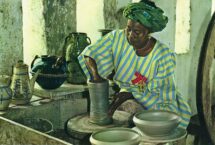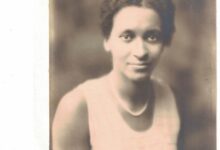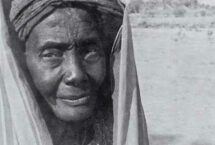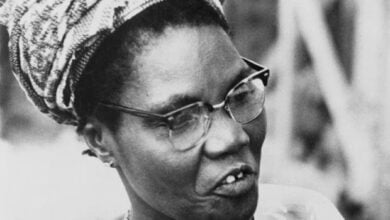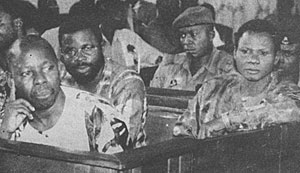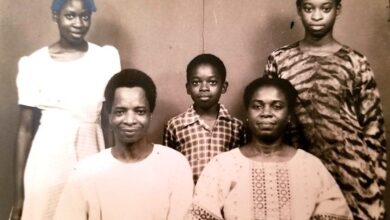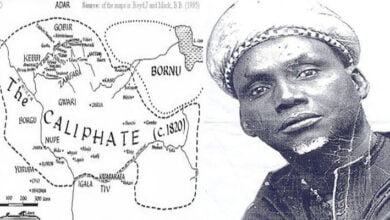Madam Efunroye Tinubu: The Slave Trader Who Became An Activist
In the annals of Nigerian history, certain figures stand out as icons of resilience, transformation, and influence. One such figures is Madam Efunroye Tinubu, a woman of remarkable achievements and unwavering determination. Born in 1810, she played a significant role in the colonial era that shaped what we now know as Nigeria. Her life is a testament to the power of transformation and the indomitable spirit that can emerge from even the darkest of circumstances.
Madam Efunroye Tinubu’s journey through life was a complex and dynamic one. She began her life as a slave trader, participating in a practice that was unfortunately common in her time. However, it was through this very trade that she would come to understand the stark contrast between the domestic slavery she had known and the brutal treatment of slaves in Europe and America. This revelation marked a turning point in her life, as she transitioned from being a participant in the slave trade to a staunch opponent of this abhorrent practice.
Efunroye Tinubu’s advocacy against slave trading did not go unnoticed by the British colonial government. As a result of her activism and defiance, she was eventually banished from Lagos and sent back to her hometown. However, her exile did not deter her spirit. It was during this period that she further honed her entrepreneurial skills, engaging in the trade of arms and salt. These endeavors not only ensured her financial independence but also solidified her position as a powerful figure in Nigerian history.
Madam Efunroye Tinubu’s journey did not stop with her entrepreneurial pursuits. She was a trailblazer in many aspects, becoming the first Iyalode of the Egba clan. This title represented a position of immense authority and respect, making her a formidable female aristocrat in feudal Nigeria. Her ascent to this role broke traditional barriers and was a testament to her influence and the regard in which she was held.
Efunroye Tinubu’s legacy endures through the ages. Her political significance, entrepreneurial acumen, and unwavering commitment to justice have left an indelible mark on the history of Nigeria and West Africa. Her passing in 1887 marked the end of an era, but her impact continues to be felt today. She was laid to rest in Ojokodo Quarters in Abeokuta, a place that has become a historical site, preserving her memory.
Madam Efunroye Tinubu’s life journey is a testament to the human capacity for transformation, resilience, and the pursuit of justice. Her transition from a participant in the slave trade to a staunch opponent and her rise to become the first Iyalode of the Egba clan showcase the incredible heights that can be reached when one is driven by a sense of purpose.
References:
- Falola, Toyin. (2007). Madam Tinubu: The Making of a Rebel. Indiana University Press.
- Adejunmobi, Moradewun. (1996). Paradigms of Identities in Yoruba Historical Thought: Chief Aare and Chief Tinubu of Lagos. Africa: Journal of the International African Institute, 66(4), 481-504.
- Foster, H. (2019, October 12). Madam Efunroye Tinubu (ca. 1805-1887) • https://www.blackpast.org/global-african-history/tinubu-madam-efunroye-ca-1805-1887/
Questions? Advert? Click here to email us.




